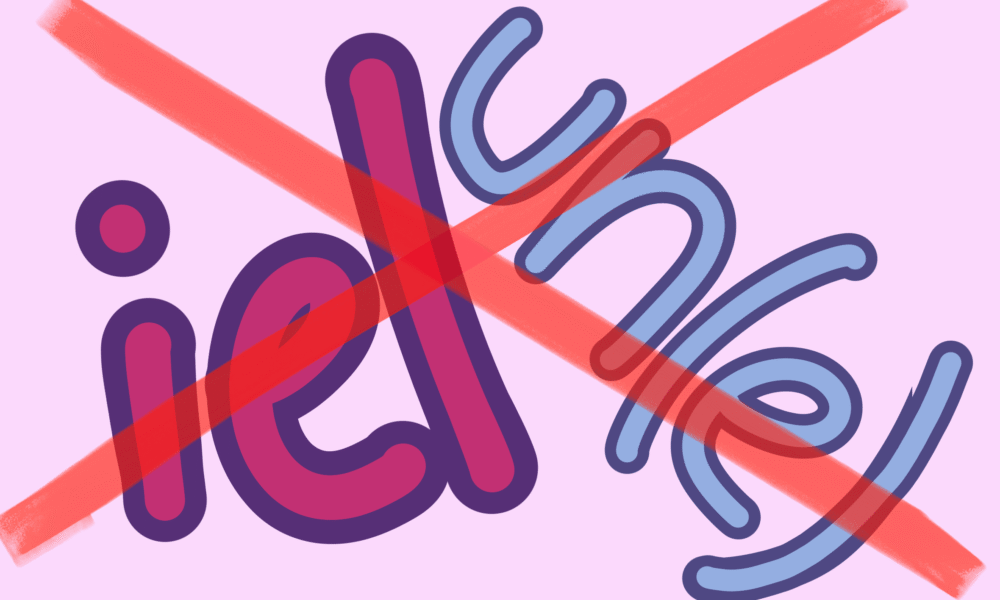On Sept. 24, Quebec’s French Language Minister Jean-François Roberge introduced a bill banning the use of gender neutral pronouns such as ‘iel,’ ‘celleux,’ and ‘Mx.’ in all official communications from the Quebec government. Roberge plans on extending the bill to public education in the province, ranging from kindergarten to post-secondary institutions. It further applies to both patients and employees in the province’s healthcare system.
Roberge states that the pronoun ban is necessary to protect the clarity of the French language. He claims neologisms, or newly coined words, such as ‘froeur’ cannot be conjugated properly due to the pre-existing language structure in French, causing confusion. The bill only applies to written documents, meaning a teacher can be referred to as ‘Mx.’ by students during class, but cannot be identified as such on the record.
Although Roberge claims that the bill is not intended to alienate gender expansive communities who use the now-banned pronouns, some queer advocacy groups at McGill have expressed concerns that the ban will reduce 2SLGBTQIA+ access to government institutions and resources, while also harming the public perception of transgender and genderfluid individuals.
The Trans Patient Union (TPU) at McGill wrote to The Tribune that this bill creates further blocks to accessing gender-affirming care in Quebec, and stated that many doctors continuously misgender patients, despite corrections from the patient or an ‘X’ marker written on their file.
The TPU also wrote that the inclusion of neologisms in French would actually incentivize more people to communicate in the language, as gender expansive people would know that French recognizes their identity.
“It is at times the case that bilingual nonbinary people will avoid speaking French specifically because of how challenging it can be to speak French while being correctly gendered,” the TPU wrote. “Changes which aim to make the language better include trans and nonbinary francophones can only help encourage its use.”
A representative of The Union for Gender Empowerment (UGE) at McGill noted in an interview with The Tribune that Roberge’s decision to ban the use of gender-neutral pronouns in official communications was confusing, considering that there are no previous laws mandating the inclusion of these pronouns in government announcements.
“The fact that this [bill] covers the government and municipalities kind of strikes me as banning a problem that doesn’t exist,” the UGE representative said. “When it comes to widening this legislation to other publicly-funded institutions, my first thought is that this undermines the autonomy of different publicly-funded institutions to decide how they want to structure and address some of their publications.”
The bill also mandates that official communications must be written in the masculine form, going against the government’s past inclusion of also the feminine form within brackets in government documentation.
“The greatest effect of this decree will be to re-emphasize this type of convention as more expedient, and consistently remove the presence of women, which are, frankly, the majority of the population in Quebec, from references to the population as a whole, whether as workers, as citizens, or as patients,” the UGE representative said.
McGill’s Media Relations Office (MRO) stated in a written response to The Tribune that McGill plans on continuing to denounce the systematic use of the masculine pronoun, and continuing to avoid using gendered language in its announcements.
“You will see that our style guide already favours inclusivity in writing [and] that we don’t normally use the terminology targeted by the government,” the MRO wrote.
The UGE representative further questioned the purpose of the government language ban, noting that no empirical research was conducted prior to its proposal supporting its alleged benefits.
“When it comes to clarity in terms of graphic conventions, I would love to see data on the science of reading that tells me that using a parenthesis is clearer and easier to read for, say, people with dyslexia or learners of the French language,” the UGE representative said. “I don’t think it exists right now. This is merely a question of tradition, not clarity.”









